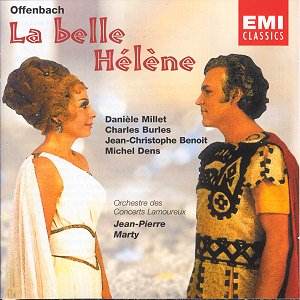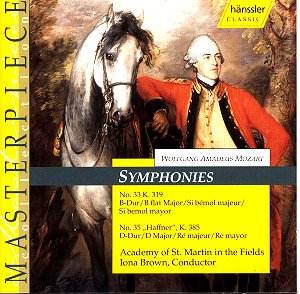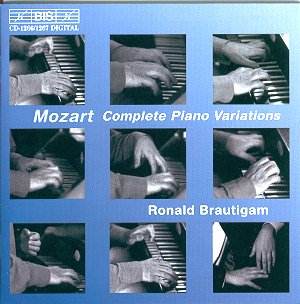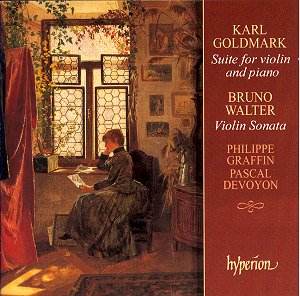 Composer: Jacques Offenbach
Composer: Jacques Offenbach
Works: La Belle Hélène
Performers: Daniele Millet (Hélène), Bernadette Antoine (Oreste), Sylvia Paule (Bacchis), Charles Burles (Pâris), Jean-Christophe Benoit (Ménélas), Michel Dens (Agamemnon), Bernard Siclair (Achille), René Duclos choir, Lamoureux Concert Orchestra/Jean-Pierre Marty
Recording: EMI 574 085-2 ADD [CD1 59.34, CD2 63.18]
Label: EMI
The operatic landscape of the mid-19th century was profoundly shaped by Jacques Offenbach, who synthesized the vibrant spirit of Parisian theatre into the genre of opera bouffe. “La Belle Hélène,” premiering in 1864, exemplifies his ability to blend humor, social commentary, and musical innovation. Set against the backdrop of the Trojan War, the work is a playful retelling of the myth of Helen and Paris, which resonates with Offenbach’s signature wit and satirical edge. This EMI re-issue of the 1970 recording under Jean-Pierre Marty allows listeners to revisit this gem, enriched by a cast of distinguished soloists whose performances illuminate the enchanting score.
The performance features Daniele Millet as Hélène, whose bright soprano captures the character’s blend of innocence and cunning. Her interpretation is particularly effective in the arias, where her clear, agile voice navigates the florid passages with ease. Charles Burles as Pâris provides a robust baritone, complementing Millet’s lighter timbre with a warmth that enhances their duets. Notable is their collaboration in track 7 of CD2, where the duet’s flowing melodies are underscored by the orchestra’s sensitive accompaniment, creating an engaging dialogue between the characters. This interplay illustrates Offenbach’s deft orchestration, which often serves as an additional character in the narrative.
Despite its merits, the recording suffers from an unfortunate decision to include voice-over narration that interrupts the musical flow. While the intent may have been to provide context for an international audience, this choice detracts from the immersive experience of the music itself. The overture, a vibrant prelude to the operetta, is cut short, and the subsequent narration disrupts the natural pacing of the score. Such editorial decisions raise questions about the integrity of the performance and its fidelity to Offenbach’s original intentions.
The sound quality of the recording reflects the technical standards of its time, offering a commendable frequency response that allows the listener to appreciate the nuances of both voice and orchestration. The spacious acoustics serve the operetta well, enhancing the richness of the orchestral textures. However, the overlapping of dialogue with instrumental passages can be irksome for purists who wish to savor the music in its entirety, a common practice in French operatic productions that may not appeal to every listener.
In the context of other recordings, this version holds its ground alongside the 1986 Plasson recording, which features a similarly robust cast. While both performances present a solid interpretation of the work, the freshness of Burles in the Marty recording stands out, providing a compelling option for those exploring Offenbach’s oeuvre.
The EMI re-issue of “La Belle Hélène” showcases an impressive cast and captures the essence of Offenbach’s operetta through its lively performances and engaging orchestration. Nevertheless, the artistic choices regarding narration and track presentation limit its overall effectiveness. This recording remains a valuable addition to the discography of French operetta, particularly for those who appreciate the historical context and charm of Offenbach’s music, even with its caveats.



